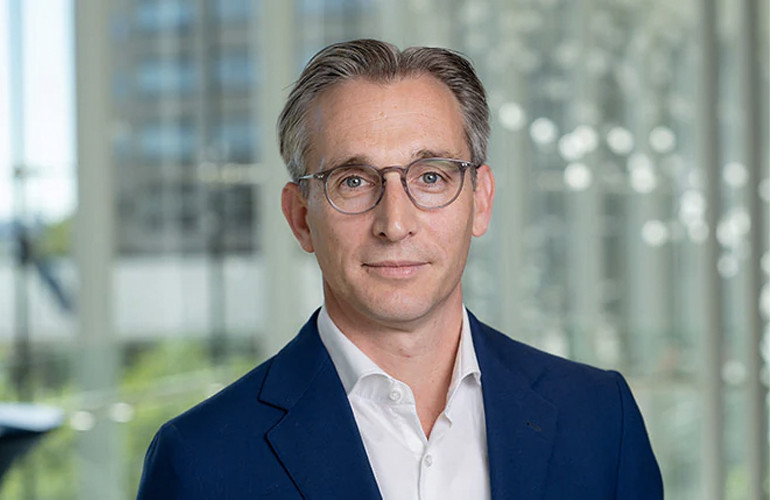Philips, a company that once spanned the electronics industry, has undergone a massive transformation, paring itself down to a tight focus on healthcare. CEO Roy Jakobs, who has been at the helm of this restructuring effort, discusses the company's strategic shift and the challenges it faces in navigating the complexities of a rapidly evolving healthcare landscape.
The Shift to Healthcare
Philips, known for its iconic light bulbs and foray into consumer electronics, has carved out a niche for itself in the healthcare sector. The company's decision to focus on healthcare was driven by the increasing global demand for healthcare services, coupled with a growing need for innovative solutions to address the shortage of healthcare professionals. Jakobs emphasizes the company's commitment to healthcare, viewing it as a $100 billion market segment ripe with opportunities for innovation.
The Restructuring of a Giant
In pursuit of a more focused strategy, Philips undertook a major restructuring initiative, involving significant layoffs and a shift from a complex matrix structure to a more streamlined divisional model. Jakobs explains this decision, arguing that a divisional structure allows for greater focus and efficiency in serving specific customer segments within the healthcare sector. This approach reflects a departure from the conventional pursuit of scale that is often seen in the tech industry, emphasizing the importance of specialization and tailored solutions in healthcare.
The $5 Billion Respirator Recall
Philips has faced significant challenges, particularly the controversy surrounding the recall of millions of its breathing machines, including home-use CPAP machines and hospital ventilators, due to deteriorating foam that posed serious health risks. The recall resulted in a consent decree with the FDA, requiring Philips to stop selling the affected products and to surrender a portion of its revenue. Jakobs discusses the decisions made surrounding the recall, acknowledging the complexities of patient safety and the importance of informed decision-making in the face of uncertainty.
Navigating the Future of AI in Healthcare
Philips is actively involved in the development and application of artificial intelligence (AI) within the healthcare sector. Jakobs highlights the potential of AI to address critical challenges, such as improving diagnostic accuracy and streamlining workflows. He emphasizes the importance of responsible AI development and deployment, advocating for a rigorous testing and validation process to ensure patient safety and ethical considerations.
The Promise and Perils of Consumer Healthcare
The line between traditional healthcare and consumer-focused wellness solutions is becoming increasingly blurred. Philips, with its established presence in both hospital and home settings, is poised to play a significant role in this evolving landscape. Jakobs discusses the importance of distinguishing between clinical applications and consumer-level data, emphasizing the need for robust clinical validation for any technology that aims to provide medical diagnoses or interventions. He advocates for a multi-pronged approach to healthcare reform, involving technological advancements, changes in clinical practices, financial adjustments, and regulatory frameworks to ensure the sustainable development of healthcare for the future.
The Road Ahead
Philips' journey is a testament to the challenges and opportunities that lie ahead for companies navigating the complexities of the healthcare industry. The company's transformation highlights the need for strategic focus, responsible innovation, and a commitment to patient safety. As technology continues to reshape healthcare, Philips is poised to play a crucial role in shaping the future of medical care.

















